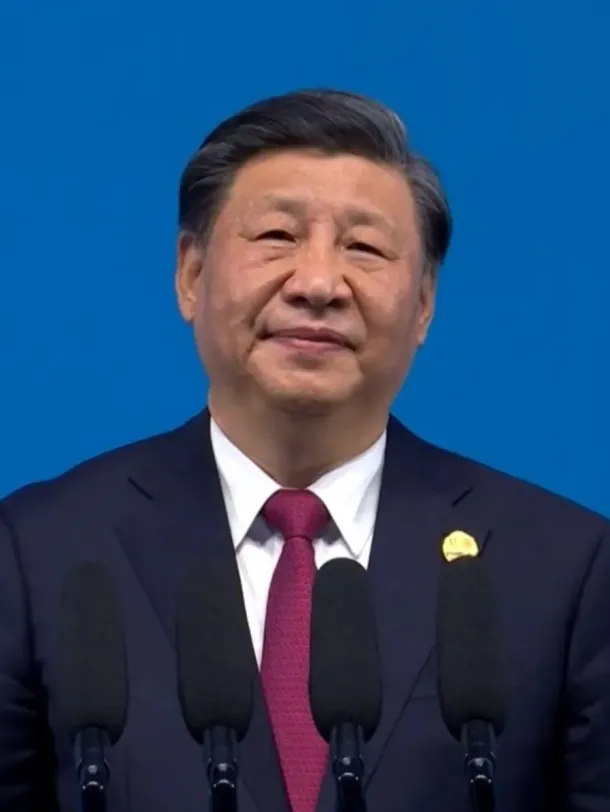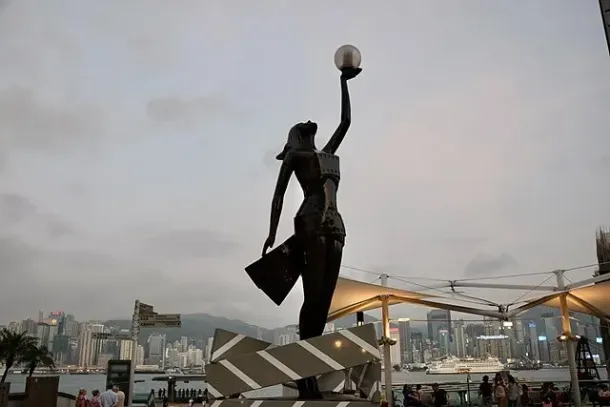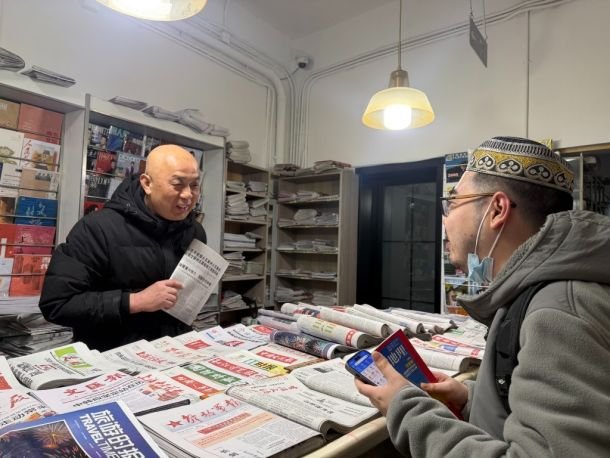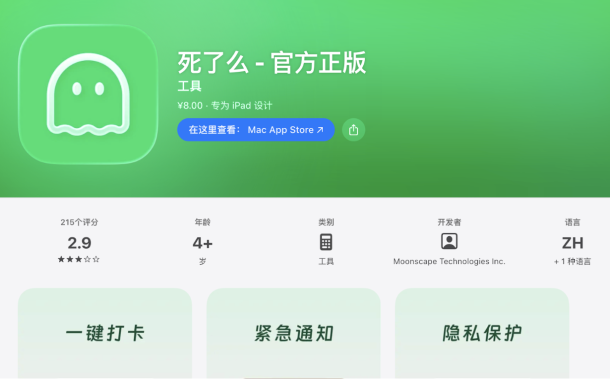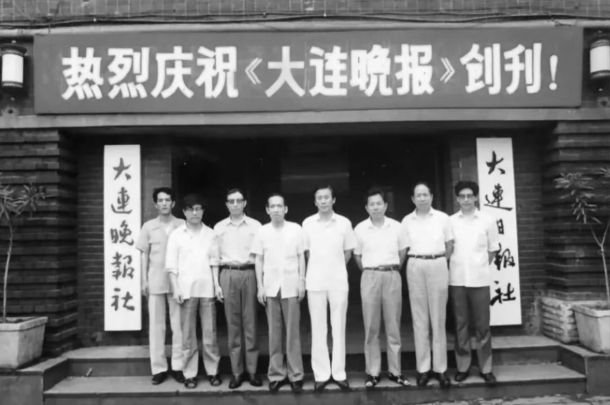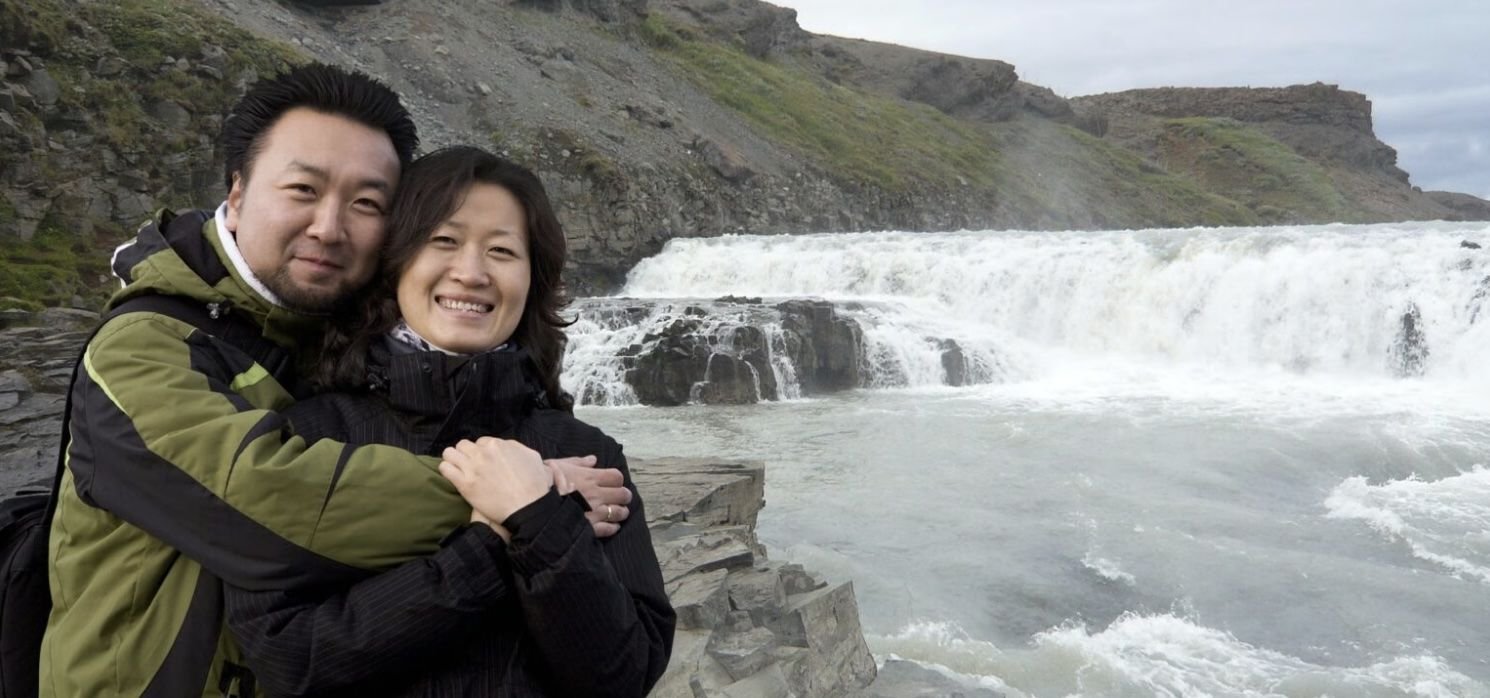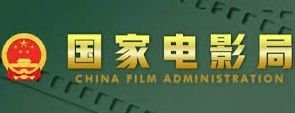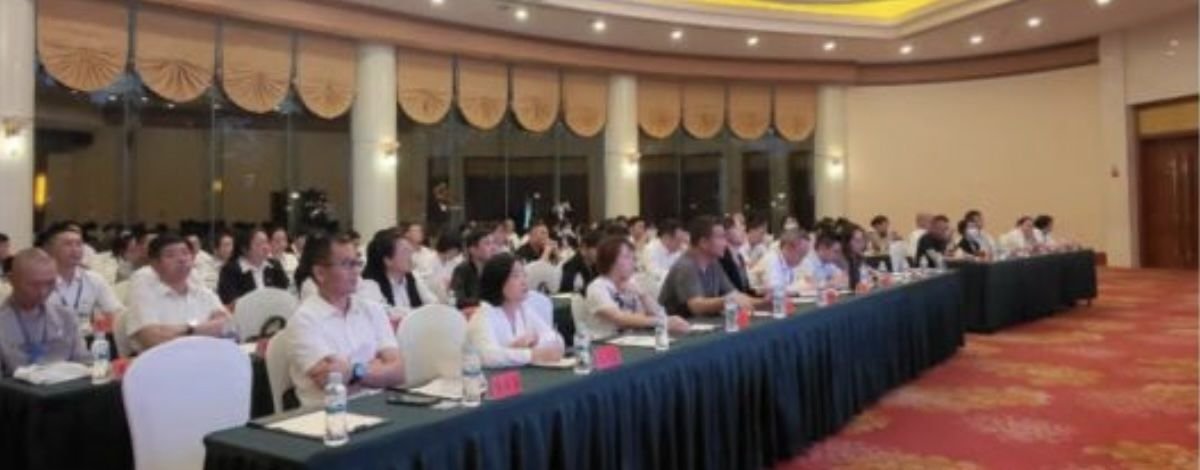Ars Censura
Taiwan’s arts sector faces systematic Chinese influence through publishers and media companies.
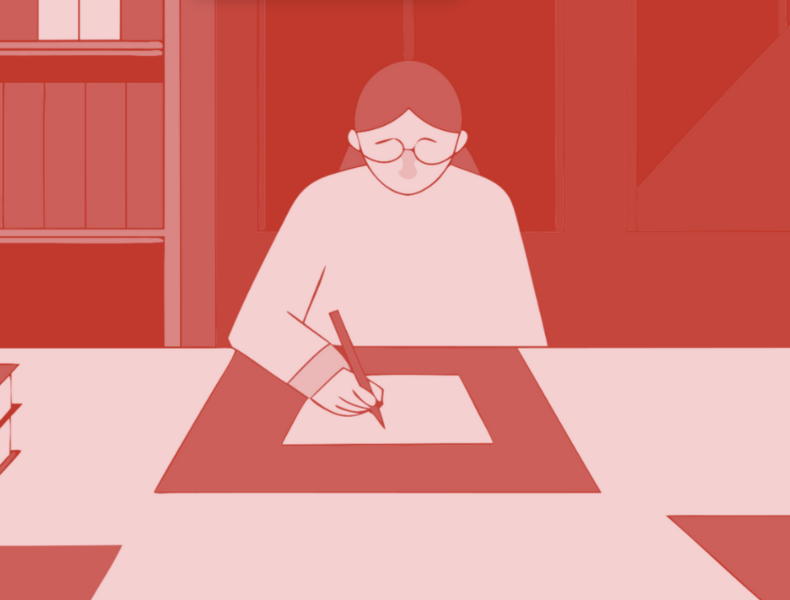
Taiwan’s arts sector faces systematic Chinese influence, with publishers changing “Taiwan” to “Taipei” for Hong Kong awards and media companies replacing writers who express political views on China and Taiwan. That, anyway, is the conclusion reached by the independent Taiwanese outlet b.l!nk in a recent pair of reports published on September 5 and 6 (here and here). According to the reports, cultural exchange programs disguise unification messaging as business partnerships. One editor wrote: “Through media exchange programs, they give your company money while spreading unification ideas during activities.”
Lingua Sinica is an interactive online resource under the China Media Project (CMP) that explores the capacity and sustainability of Chinese-language media environments globally in their full domestic context and traces the lines of impact and engagement by PRC media and institutions.

